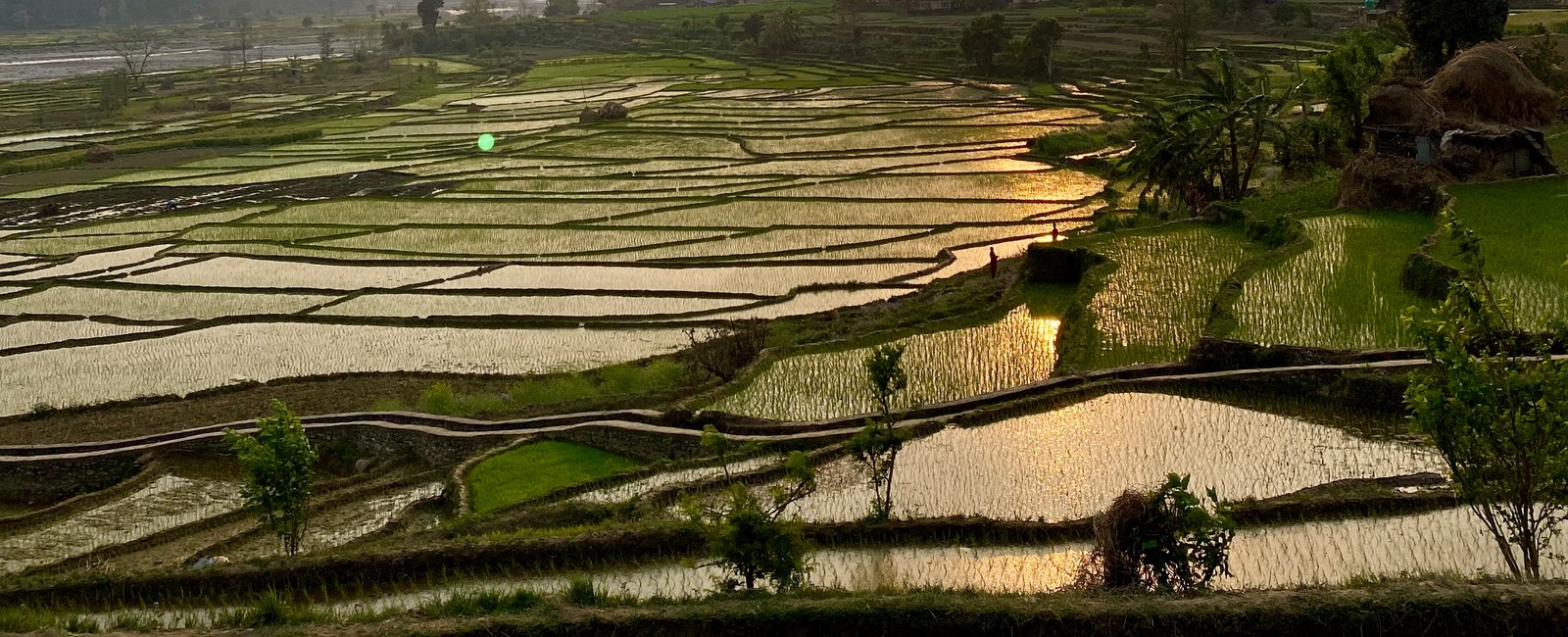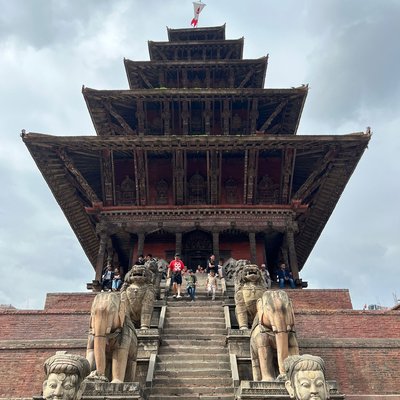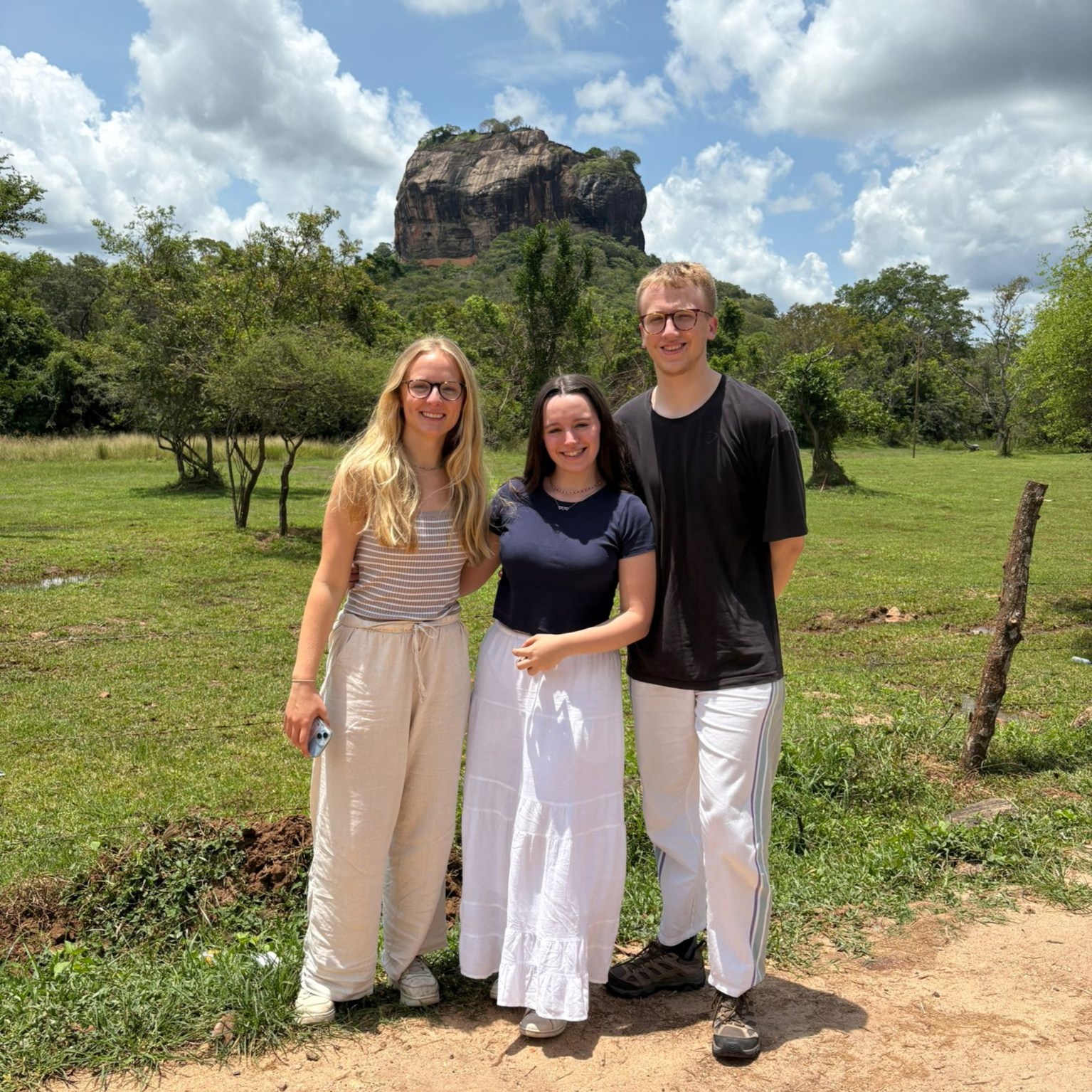University of New England 2024
I have always had an interest in global health, and when my university offered a pathway opportunity for an overseas placement, I jumped at the chance. As part of my university course, I completed a project investigating the causes of maternal mortality and morbidity rates in Nepal. Here, I discovered the drastic decline in mortality and morbidity rates over the past 20 years, as well as the subsequent strategies implemented by the Government of Nepal.
This inspired me to reach out to Work the World to undertake a placement in obstetrics and gynaecology, as well as paediatrics, in Kathmandu, Nepal, to see firsthand the approach Nepal has taken to reduce maternal mortality and morbidity rates. On my first day in Nepal, the Work the World team took me on an induction tour of a teaching hospital, where I would spend the next three weeks undertaking my placement.
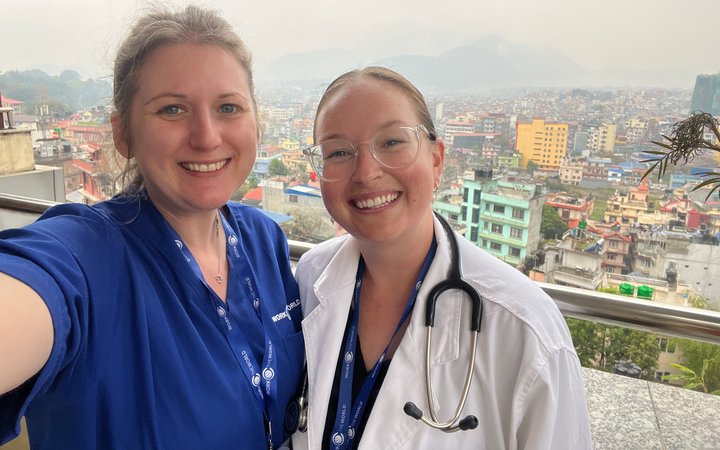 My first impression of the hospital was the consistent hustle and bustle, and how busy it was. There were patients' family members lined up outside the pharmacy, and in the imaging departments, and they were patiently waiting to receive results.
My first impression of the hospital was the consistent hustle and bustle, and how busy it was. There were patients' family members lined up outside the pharmacy, and in the imaging departments, and they were patiently waiting to receive results.
"The emphasis on family is evident in Nepal as the family members are seen around the hospital collecting blood results, imaging and paperwork for the doctors to review on ward rounds."
During my time in Nepal, there was emphasis on the diagnostic skills that I had learnt early in my medical degree. This was evident during my time on Work the World's Village Healthcare Week, where a rural health post had limited resources such as a blood pressure machine, blood glucose machine and thermometer.
Therefore, diagnosis, differentiation of clinical presentation, and management for patients were reliant on my ability to recall the diagnostic skills and treatment guidelines. From this, I was able to build on my foundational knowledge.
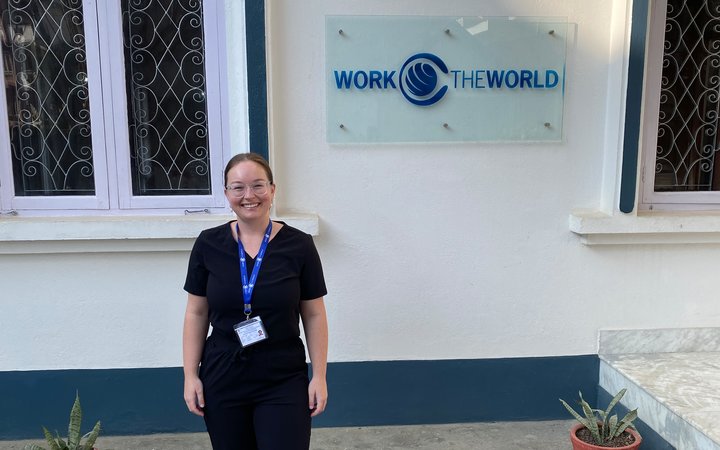
One of the most memorable days in Nepal was my first day in the teaching hospital. I was immediately immersed in the flurry of activity.
"By lunchtime, I had observed three vaginal deliveries and one caesarean section. This was more than I had ever witnessed in one day in Australia on my O&G rotation."
The local hospital staff broadened my clinical knowledge and deepened my understanding of global health and subsequent health inequities. I asked lots of questions about conditions, pathophysiology, treatment and management. The staff were always willing to teach and explain their policies and procedures, which were, at times, very different from what I had been taught in Australia.

One of the biggest differences I noted between the Australian and Nepalese healthcare systems was the concept of the red plastic bag. I curiously asked my team what this bag was for as I saw all patients had one at their bedside. I soon learnt that the red plastic bag contains all the necessary equipment and supplies a patient may require during their hospital admission.
For example, sterile gloves, antibiotics, dressings, syringes, needles, etc. The family member purchases this bag prior to admission to the hospital. This concept was very new to me, as in Australia, the hospital provides all the supplies, and depending on a patient’s healthcare coverage (public vs private), the patient will be sent the bill for admission after discharge.
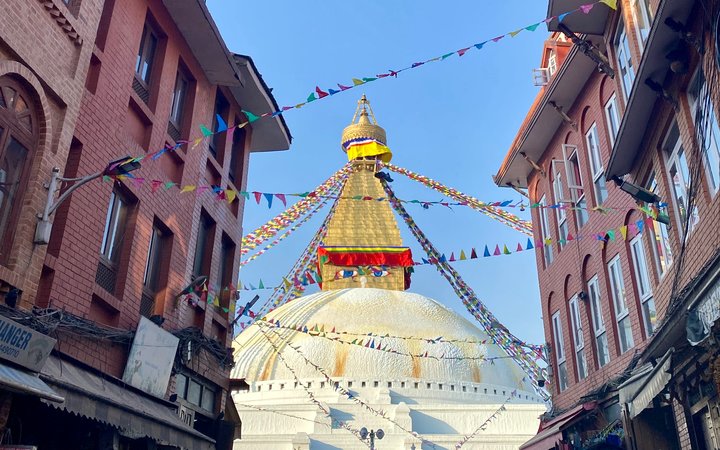
I would highly suggest that everyone undertake Village Healthcare Week. Here, you are hosted by a welcoming family and community. The guide provides detailed insight, and there's so much to do during the week after placement.
This week provides an escape to the quiet countryside where you are awoken by the local goats and not the sound of motorbikes. It is a nice escape from the hustle and bustle of the busy Kathmandu city. You are immersed in the clinic during your time at the health post. The staff are keen to get you involved and assist in seeing patients.

Back in Kathmandu, there was so much to see and do! After placement, we would explore local restaurants, visit temples, book consultations with Tibetan doctors, and go shopping in Thamel.
We often booked our weekend trips at the last minute, but this added to the excitement and adventure.
These trips included visiting Chitwan National Park, hiking in Nagarkot and paragliding in Pokhara. The Work the World house has a book of recommendations that has been collated from previous visitors. This provides a great framework for planning after-placement activities and weekend trips. The staff at the house are always available to provide suggestions on where to go.
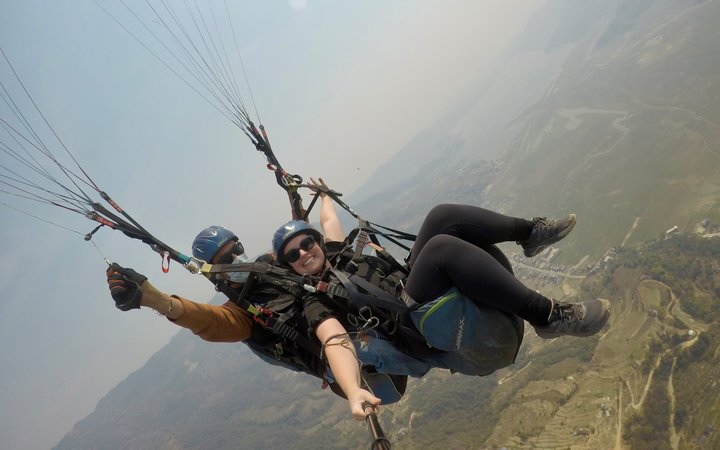
Put down your technology, put down your study books, and embrace Nepal. It is a once-in-a-lifetime opportunity. If you immerse yourself in the culture and lifestyle, there is so much to see. You will meet and form lifelong friendships with like-minded people during your time in Nepal, and witness experiences that will bring you closer together.

Start Your Journey
Want to go on your own once-in-a-lifetime adventure? Get started below:
Want to go on your own once-in-a-lifetime adventure? Get started below:
